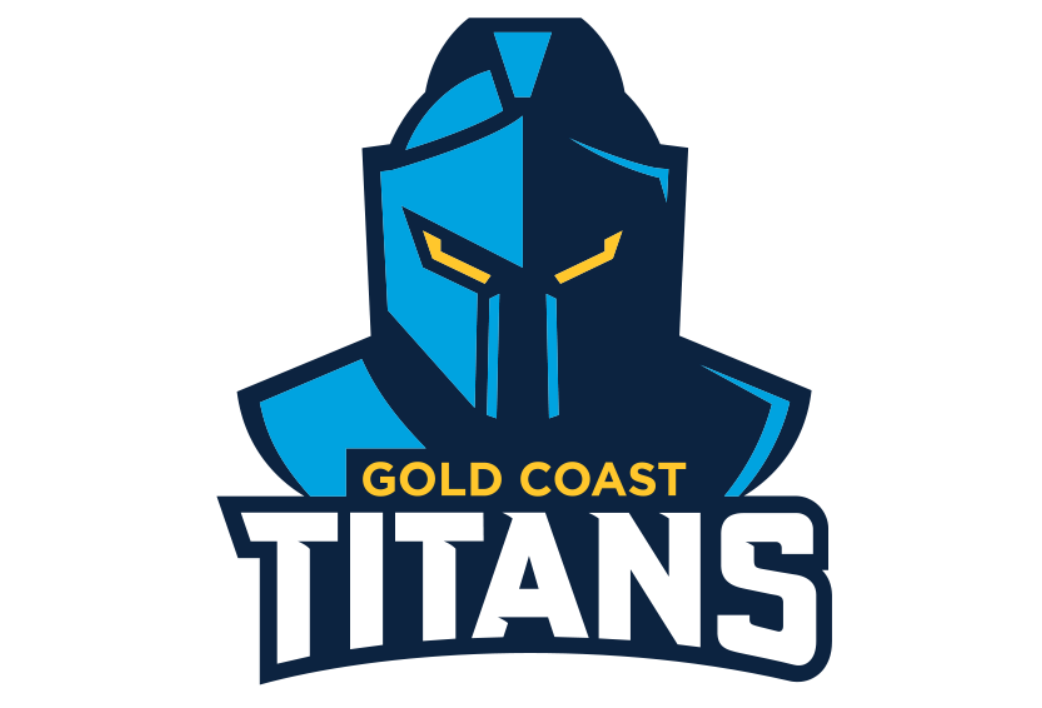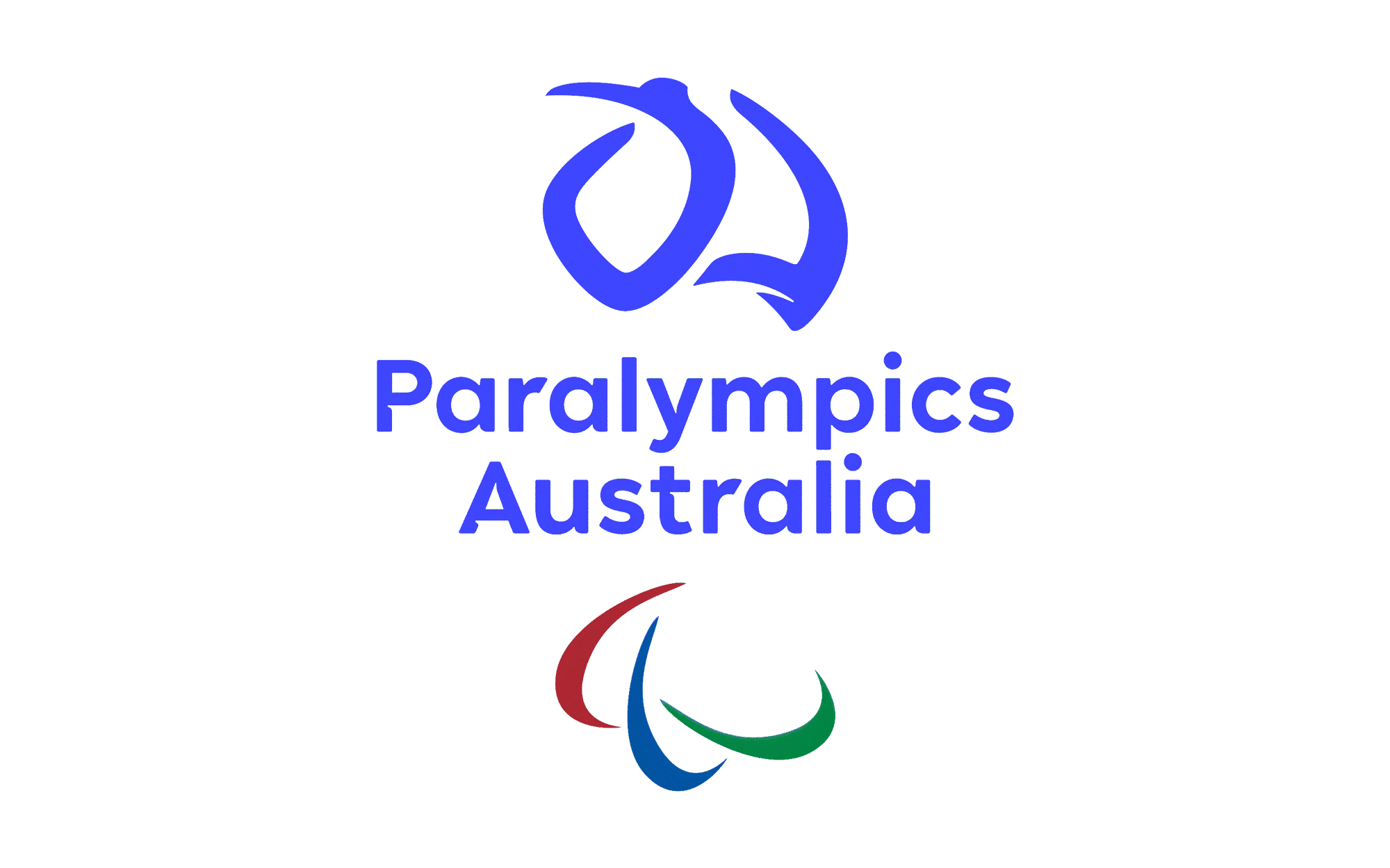Beijing 2022 and the Olympic movement’s dilemma.
Beijing 2022 and the Olympic movement’s dilemma
The Chinese capital of Beijing is the first city ever to host both Winter and Summer Olympic Games but that note of history has been tempered by anxiety, caution and even anger.
Perhaps no recent edition has endured such a fraught build-up. The coronavirus pandemic hangs heavily, just as it did over the delayed Tokyo 2020 Games. That emergency left a dramatically shortened window of six months between events and prompted organisers in China to cancel public ticket sales – although, unlike in Japan, selected fans will be in attendance.
Public health measures remain intense in a country pursuing a Covid-zero policy of strict local lockdowns. Yet it is other Chinese government activities that cast a longer shadow over these Olympics. The alleged widespread and ongoing abuses of Uighur Muslim people in the Xinjiang province have triggered a diplomatic boycott from countries including the US. Others have openly questioned whether China is an appropriate host for an occasion which brings state leaders into such close contact with the action.
The mood is starkly different from Beijing 2008, where concerns over the Chinese government’s record was balanced by optimism about its future direction. This time, Olympic sponsors, athletes and media are in a delicate position.
Industry insiders have noted a lack of brand activation around Beijing 2022, even within China. Many of the International Olympic Committee’s (IOC) first-tier TOP partners – tied to long-term nine-figure contracts – are based in countries where they have faced political pressure and hostility from consumers over their links to the event.
Nevertheless, those companies still want to sell to the Chinese people and risking access to such a colossal market is not on their agenda. The compromise appears to be that they will ride out these Olympics – at least until the sport begins – and capitalise on their investment for later editions.
For Olympians, the situation is more complicated. Rule 50 of the Olympic Charter places rigorous limits on political expression within the arena. Still, athlete activism is a rising trend that has helped drive purpose marketing among sports sponsors. Late last year, notably, tennis players spoke out on the sexual assault allegations made against a former state official by China’s Peng Shuai, and asked questions about her apparent subsequent disappearance.
Some organisations, however, are advising greater restraint to athletes while they are in Beijing, given the potential risk to their safety. Global Athlete director general Rob Koehler said: “We want them to compete and use their voice when they get home.”
The extent of these difficulties may have been harder to foresee when the Games were awarded to Beijing in 2015 but the IOC will face tough questions once the flame leaves China. As with most Olympics, the focus will shift somewhat once the competition begins.
But as the show moves on to Paris, with partners seeking a less compromised investment and many others demanding answers, the Olympic movement will wonder again how best fulfil to its mission.
Subscribe to our newsletter to receive the latest news and exclusive offers. No Spam!
Thankyou.
We’ll be in touch shortly.



